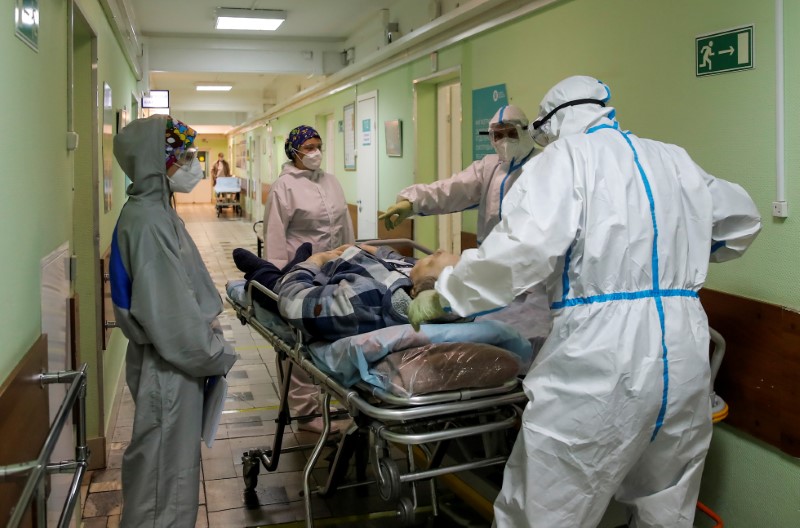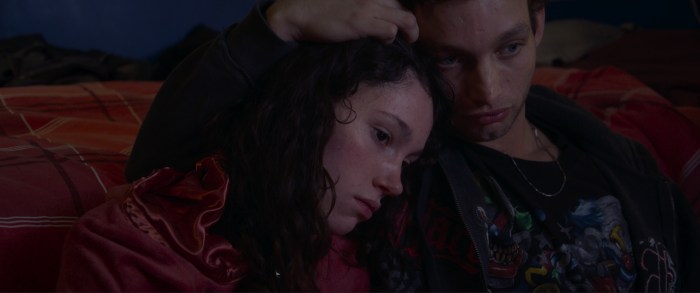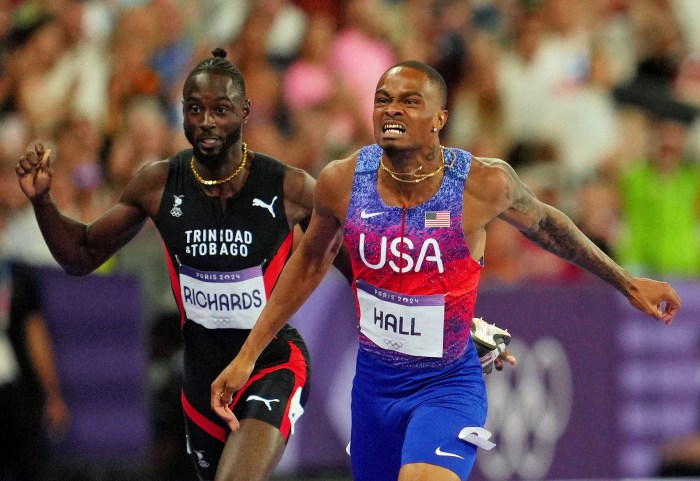MOSCOW (Reuters) – Russia is trying to import foreign-made drugs to fight the COVID-19 pandemic due to a shortage of products at home, Health Minister Mikhail Murashko said on Tuesday, as authorities reported a record 569 new daily deaths from the coronavirus.
Russia has several vaccines against the virus in the works and produces some drugs domestically, including Coronavir and Avifavir, both of which are based on favipiravir, which was developed in Japan and is widely used there as the basis for treatment.
During a meeting with senior government officials on Tuesday, Murashko said there was a problem with the supply of favipiravir in some regions.
“Supply volumes of anti-clotting agents have increased. But we still see that a shortage for the network remains, and so we are working with the trade and industry ministry on additional deliveries from abroad,” he said.
New daily infection numbers, which stood at 26,402 on Tuesday, have been gradually decreasing since hitting a record high on Nov. 27. Anna Popova, head of consumer health watchdog Rospotrebnadzor, said the growth of the disease was slowing.
However Prime Minister Mikhail Mishustin said the situation remained quite tense in many of Russia’s more than 80 regions.
In 17 regions, hospital bed capacity was less than 5%, said Murashko, with the Baltic exclave of Kaliningrad and St Petersburg presenting the greatest cause for concern.
Russia has resisted imposing lockdowns during the second wave of the virus, preferring targeted curbs.
With 2,322,056 infections, Russia has the fourth-largest number of COVID-19 cases in the world behind the United States, India and Brazil. It has recorded 40,646 deaths related to COVID-19 since the start of the pandemic.
(Reporting by Darya Korsunskaya and Vladimir Soldatkin, additional reporting by Gleb Stolyarov; Writing by Alexander Marrow; Editing by Nick Macfie)
























